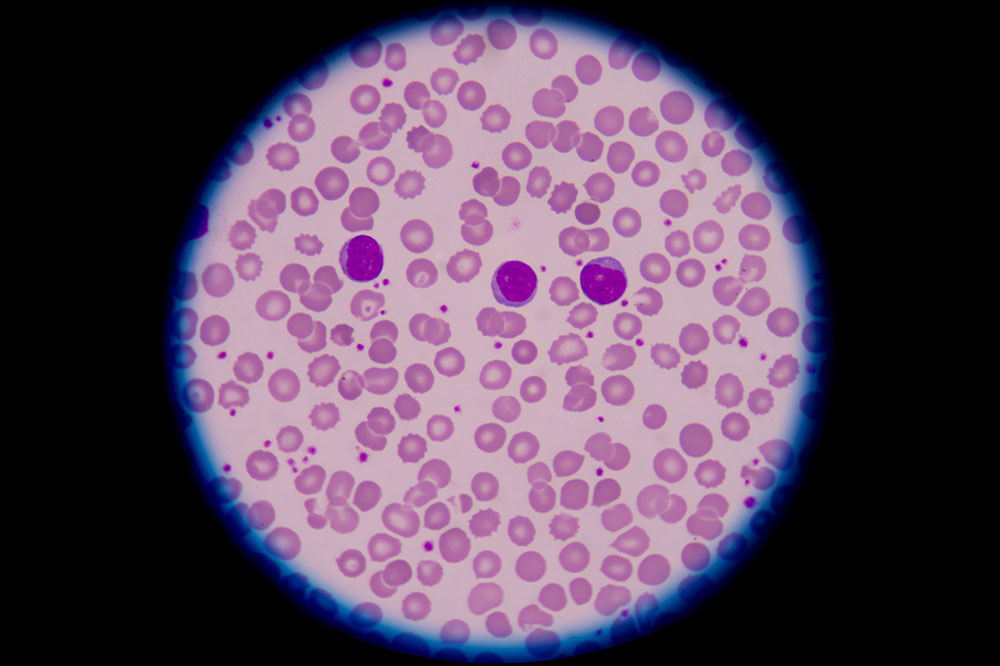Exploring the Key Types of Blood Cancers
This article provides an overview of the main types of blood cancers, including leukemia, lymphoma, and multiple myeloma. It highlights symptoms, causes, and treatment options, emphasizing the importance of early diagnosis for better outcomes. Understanding these cancers helps in recognizing warning signs and seeking timely medical intervention, improving survival rates and quality of life for affected individuals.

An Introduction to Major Hematologic Malignancies
Essential Blood Cancers to Recognize
Cancer remains a significant health concern worldwide, with approximately 38.5% of men and women being diagnosed at some point in their lives. Detecting cancer early greatly improves treatment outcomes. Once cancer spreads, it becomes more difficult to treat and may require lifelong management rather than complete cure.
Blood-related cancers make up about 10.2% of all cancer cases, with new cases of leukemia, lymphoma, or multiple myeloma occurring every three minutes. Prompt diagnosis is crucial for effective treatment of these potentially fatal diseases.
Hematologic cancers interfere with the development and functionality of blood cells, beginning in the bone marrow before affecting the bloodstream. Early symptoms often include ongoing fatigue, fever, night sweats, rapid weight loss, joint pain, loss of appetite, headaches, frequent infections, nausea, skin rashes, and abdominal discomfort.
Major Types of Hematologic Cancers
Blood cancers mainly originate in the bone marrow and impact blood cell production, with the three primary types being leukemia, lymphoma, and multiple myeloma.
Leukemia
This disease affects white blood cells, causing uncontrolled growth of abnormal leukemia cells. These cells do not assist in fighting infections and multiply rapidly, overwhelming healthy cells and potentially leading to anemia, infections, and bleeding problems. If untreated, leukemia can spread to lymph nodes and other organs. Variants include acute vs. chronic and lymphocytic vs. myelogenous leukemia, based on progression speed and cell type involved.
Lymphoma
Stemming from lymphocytes in lymph nodes, spleen, and other tissues, lymphoma involves unchecked growth of these immune cells. The main types are Hodgkin and Non-Hodgkin lymphoma. While the precise causes are unknown, genetic factors and infections can increase risk.
Multiple Myeloma
Also known as plasma cell cancer, this form impacts plasma cells that produce antibodies. Malignant plasma cells multiply rapidly, leading to excess immunoglobulin proteins that damage organs and cause bone deterioration through lytic lesions. The disease predominantly affects older adults, especially those over 65, individuals of African descent, or those with a family history.
Early detection of blood cancers offers high treatability using methods such as stem cell transplants, chemotherapy, and radiation therapy.


